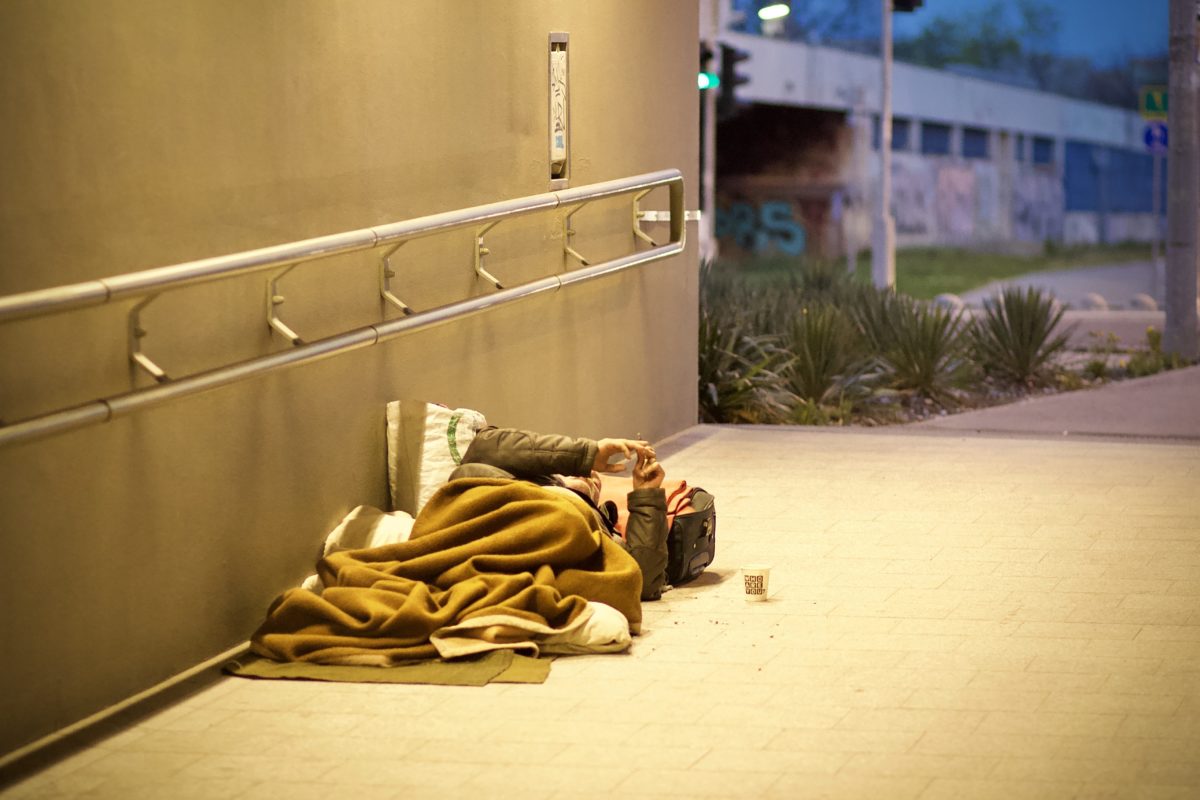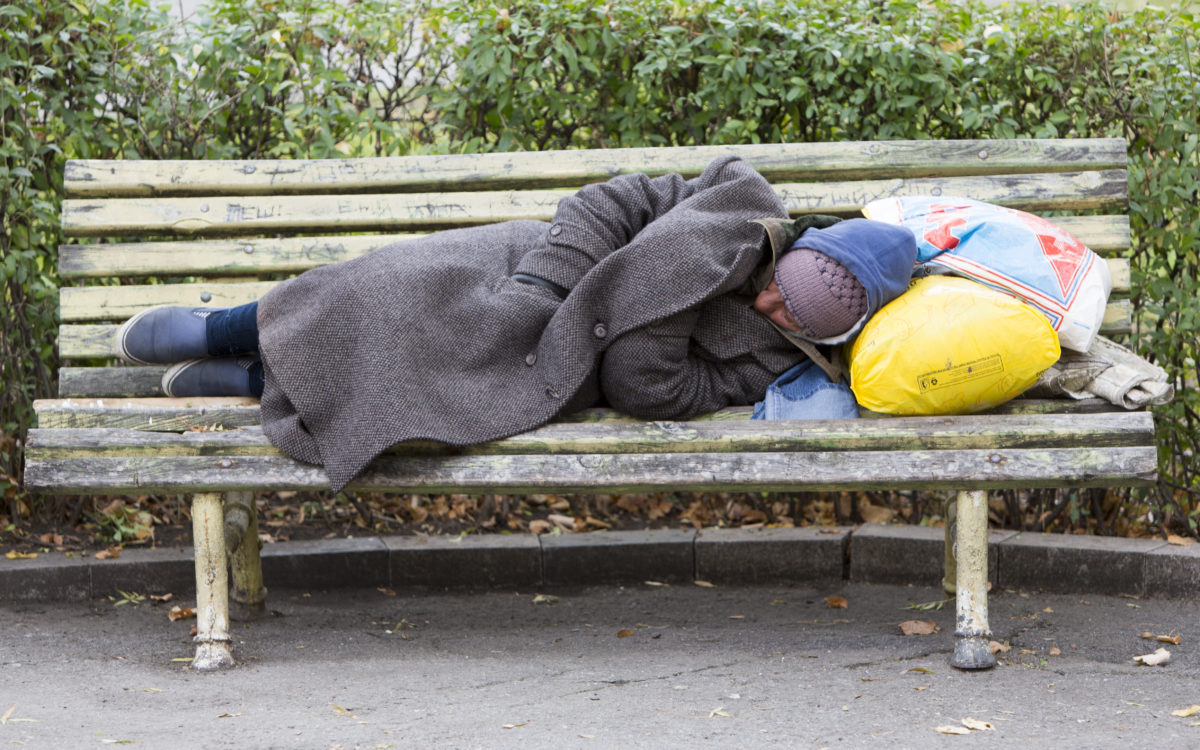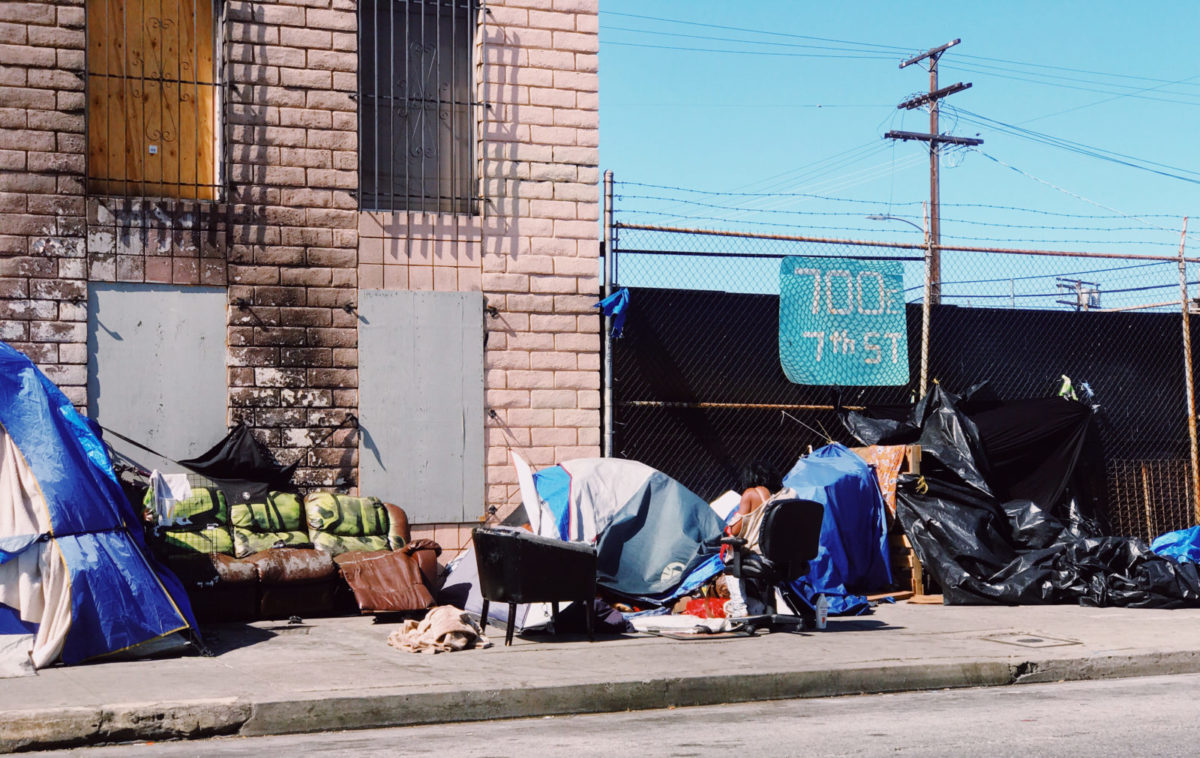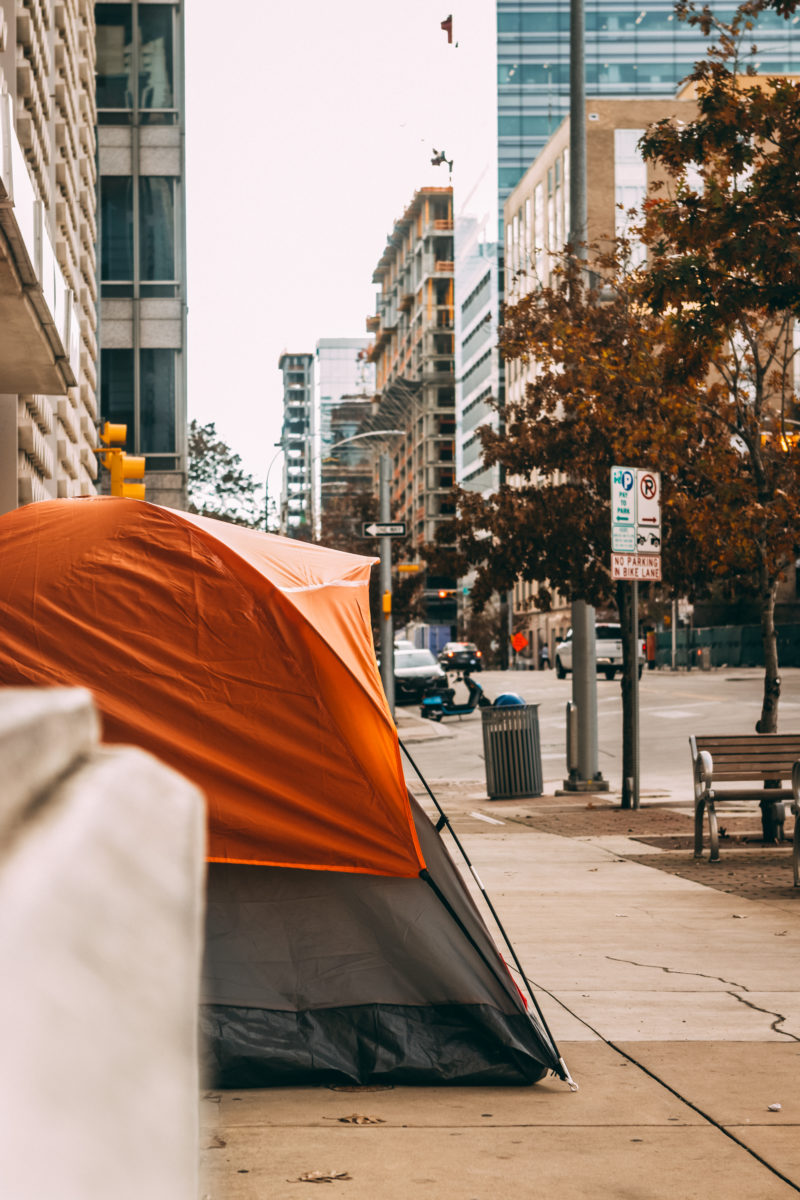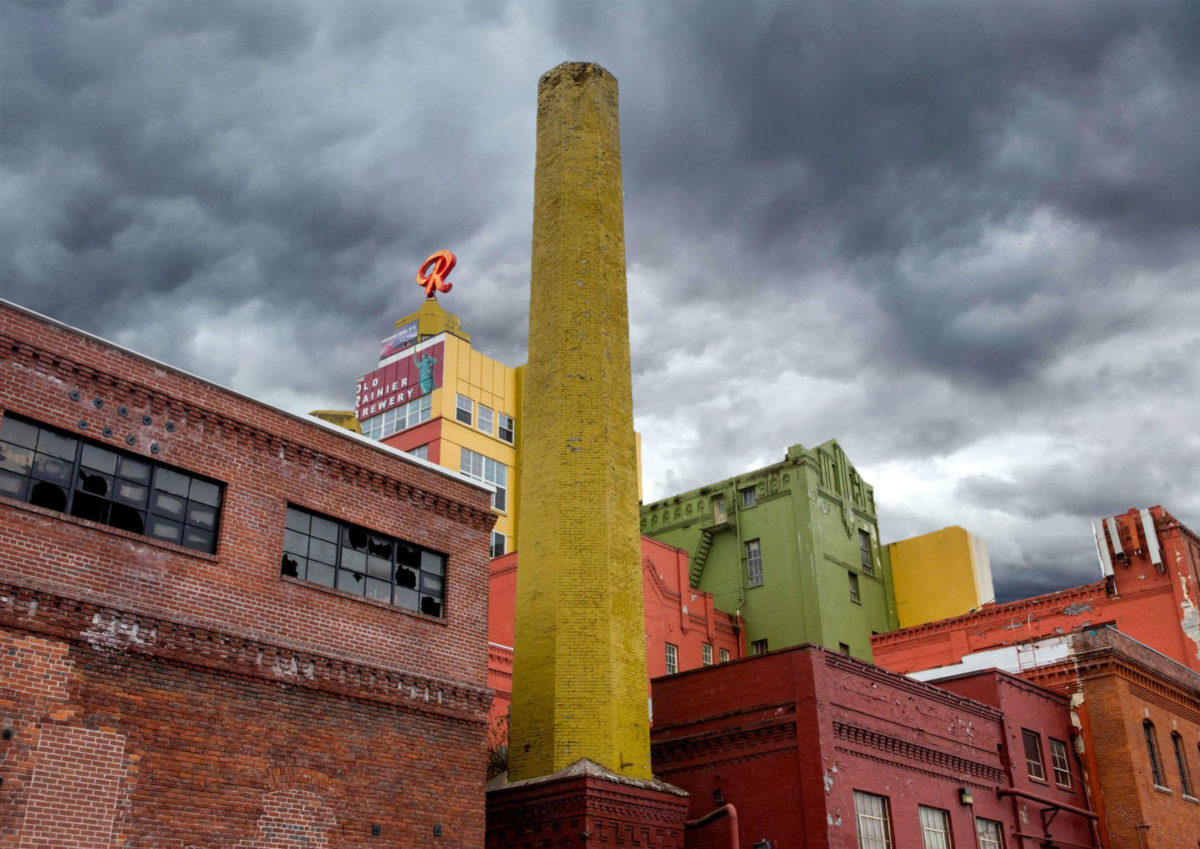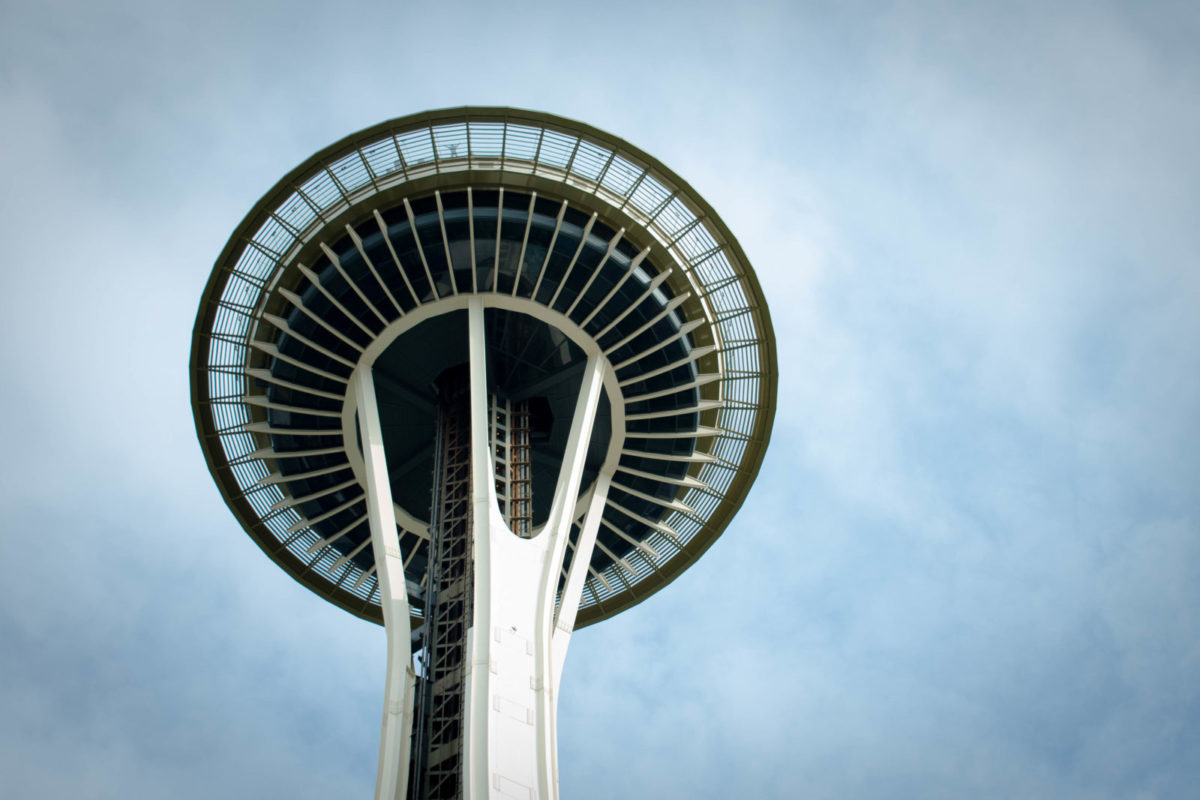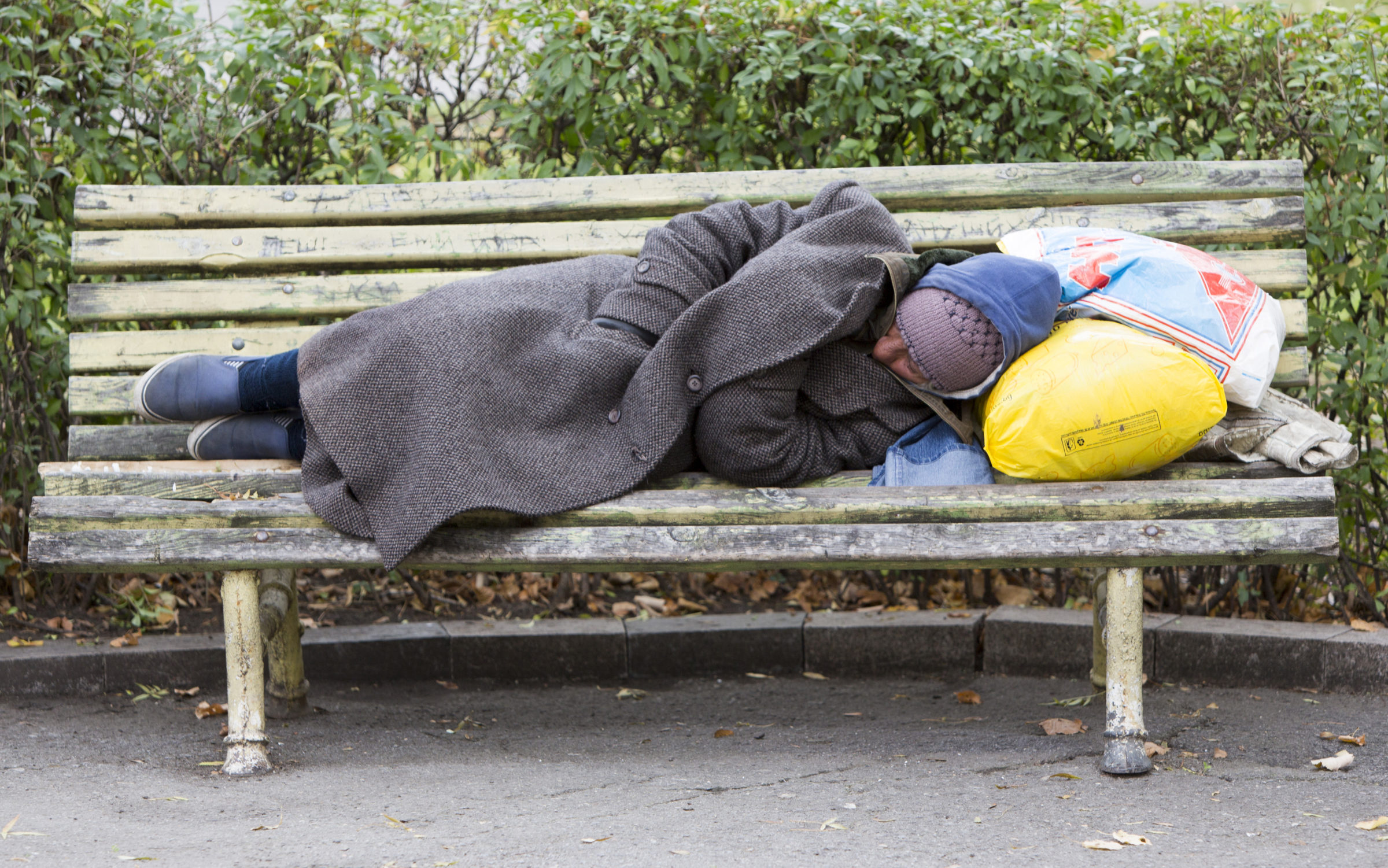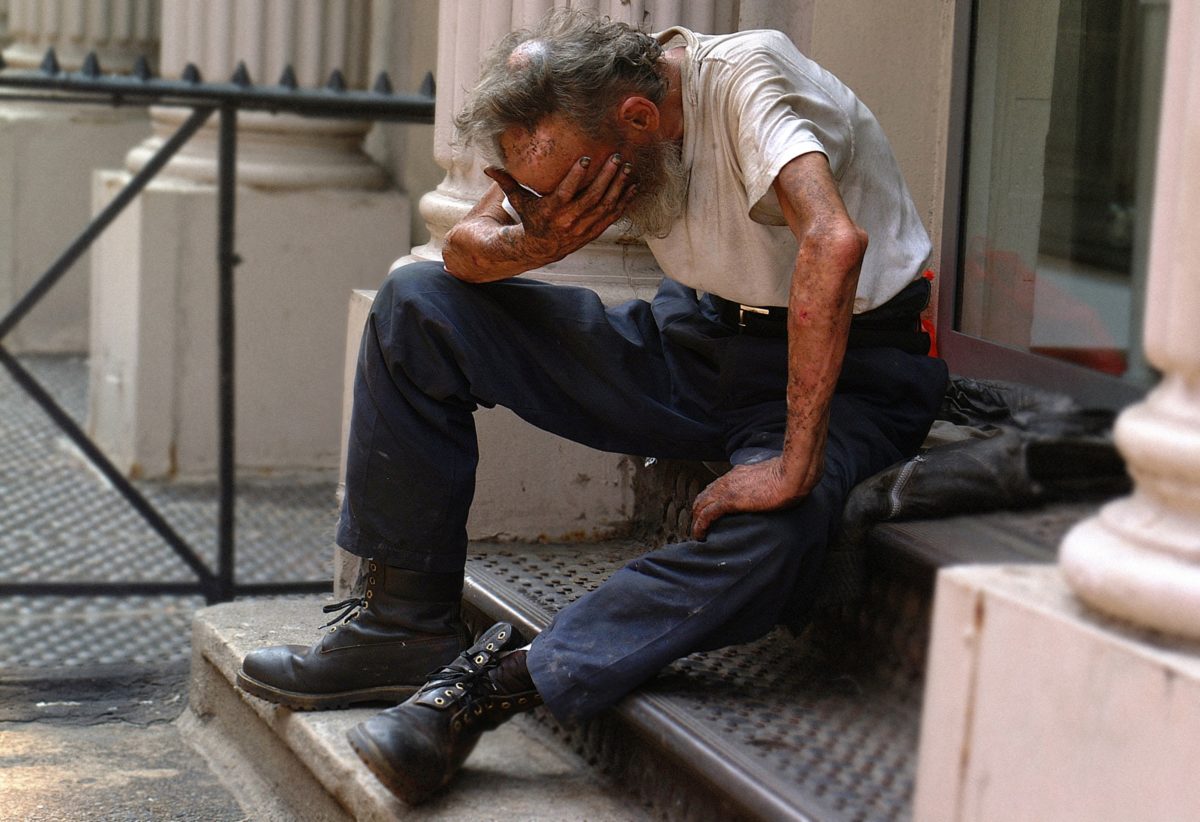
Coronavirus Exposes How West Coast Progressives Failed the Homeless
The coronavirus has changed almost every facet of American life. It has disrupted work routines, sent children home from school, and stress-tested the global supply chain.
Medical researchers have warned for weeks that the new coronavirus, which causes the disease COVID-19, is particularly dangerous to seniors and those with underlying health conditions.
But in West Coast cities such as Seattle, San Francisco, and Los Angeles, public authorities are quickly discovering another potential tinderbox for infection: homeless encampments.
This has caused significant political discomfort. Three weeks ago, when Seattle radio host Jason Rantz warned about the potential for an outbreak within homeless encampments, progressive activists slammed him as a “fascist” hoping to set up concentration camps for the most vulnerable.
Read More ›
